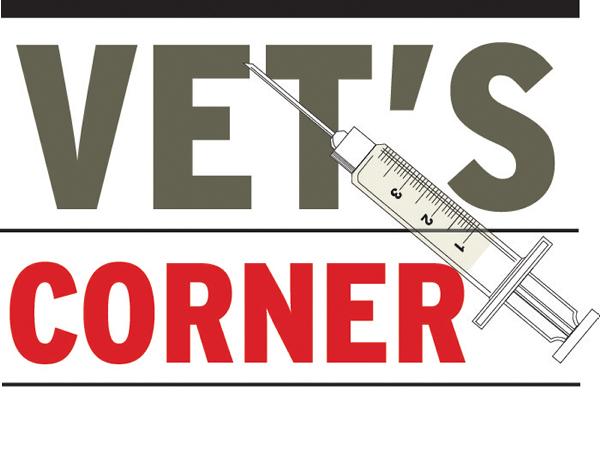The benefits of using a farm-specific and effective sheep flock health plan is beyond question. But they must be underpinned by flock-specific diagnostic information.
However, information on disease prevalence at flock level on individual farms is often incomplete. The recording of disease in individual animals (diagnosis, treatment, etc) is vital, as is the use of tools such as faecal sampling and blood testing.
But one of the most useful pieces of information at flock level can often be a post-mortem. One study of post-mortems in a knackery where no history of the animal was known, showed that a diagnosis was possible in almost 70% of cases. In over half of these cases the cause of death was a “flock” problem.
The benefits of “not wasting a dead sheep” were obvious in three cases in the last week.
The first involved the post mortem of two lambs in good condition grazing lush autumn grass. A diagnosis of pulpy kidney was made, following findings on kidneys and urine. The rest of the group was immediately vaccinated for clostridial diseases.
The second had three lambs dead over two days. A post-mortem revealed Pasteurella-type pneumonia. Once again, vaccination of the remaining lambs was undertaken, but with a vaccine for Pasteurella and clostridia.
The last case was the most interesting. A post-mortem lamb from a group not thriving despite regular dosing revealed parasitic gastroenteritis, and faecal samples on the rest of the group showed parasite loads of up to 11,000 eggs per gram of faeces.
The farmer had been dosing, but exclusively with a “white” drench. Parasite resistance to certain classes of anthelminthic is now widespread, and dosing efficacy should always be monitored.
Every flock health plan needs regular review. A plan is one thing, but is it actually working? The moral of the story is: “Never waste a dead sheep!”
Padraig Duggan works at Killenaule Vets, Killenaule, Thurles, Co Tipperary. Killenaule Vets is part of XLVets. XLVets is a group of progressive practices working together to achieve a better future for agriculture and veterinary in Ireland. For more, visit www.xlvets.ie






 This is a subscriber-only article
This is a subscriber-only article










SHARING OPTIONS: